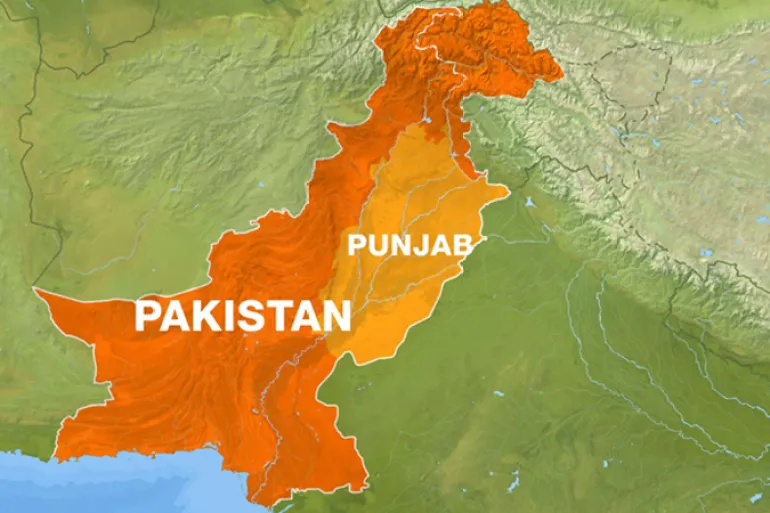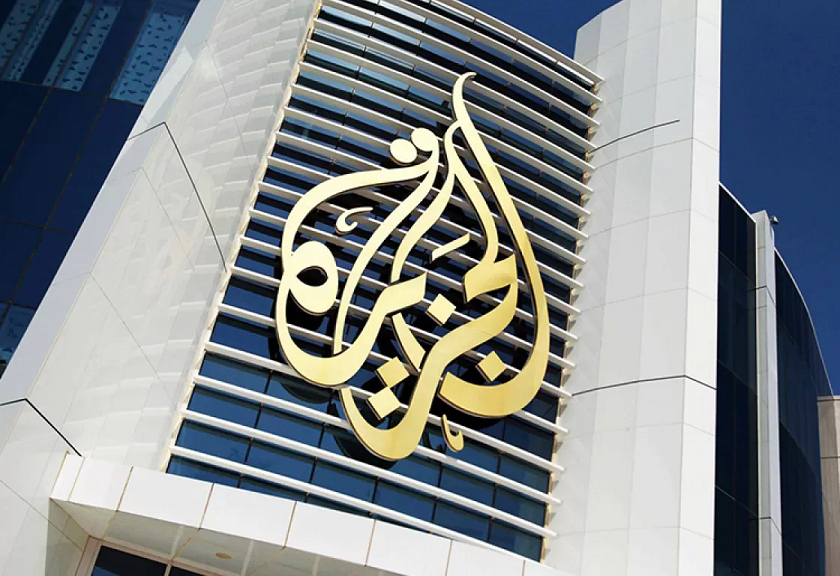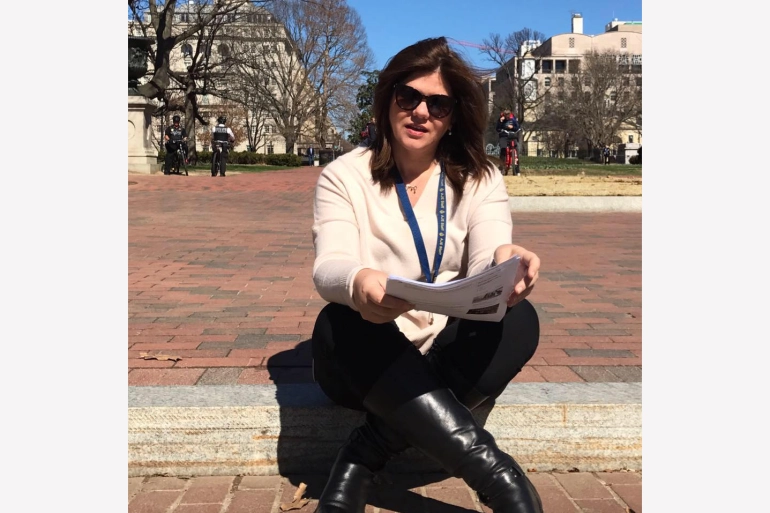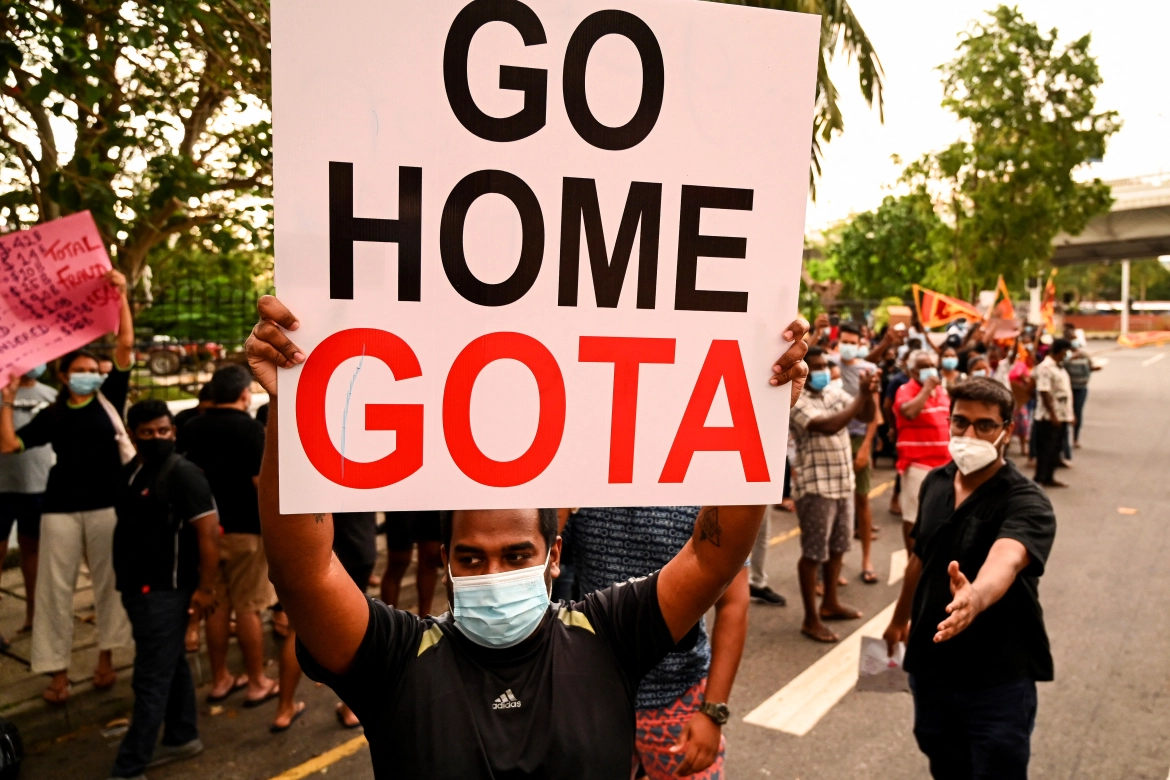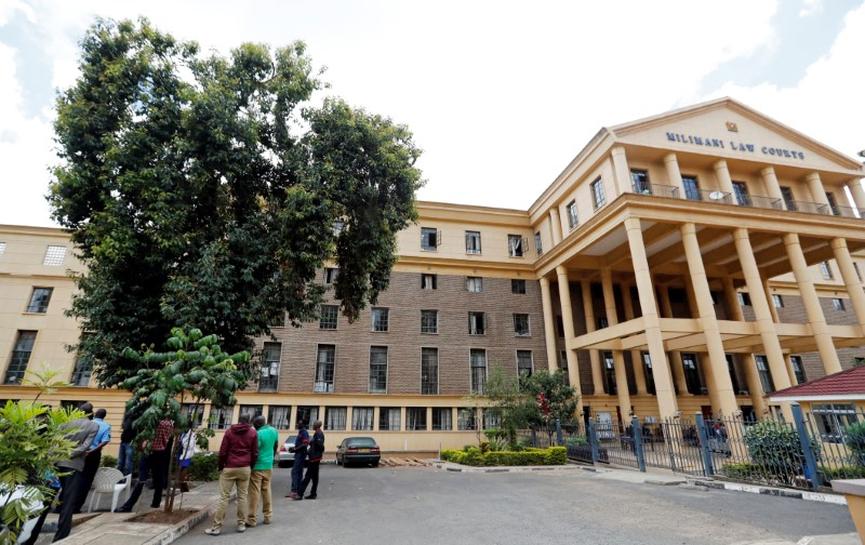‘No trophy of the regime’: Reactions to Jurgen Habermas’ rejection of UAE prize
![Jurgen Habermas in Bonn, Germany, 2006 [AP]](https://liberties.aljazeera.com/resources/uploads/2021/05/1620114862.jpeg)
Jurgen Habermas in Bonn, Germany, 2006 [AP]
The prominent German philosopher Jurgen Habermas, who turns 92 in June, refused to receive the Zayed Book Award award from the UAE this week.
The UAE named Habermas ‘Cultural Personality of the Year 2021’ in recognition of a long career that extends for more than half a century.
The prize consists of 750,000 UAE dirhams ($204,200). The UAE also offered cash prizes of the same amount to seven other ‘cultural personalities.’
Habermas turned down the award after initially accepting it. After the initial acceptance he was criticised by Spiegel Online: ‘With this world-class thinker who has stood for the Enlightenment project and critical distance from power for more than half a century, it should be possible to answer the question [of whether to accept the award] with a resounding ‘no’.
After Habermas subsequently turning down the prize Deutsche Welle commented: ‘In the end, Habermas could not compromise his core philosophical principles established over more than seven decades.’
Spiegel responded that by rejecting the prize he resisted becoming ‘a trophy of the regime’.
The organisers of the prize have stated that they ‘regret’ Habermas’ refusal of the prize.
Zimbabwean author Tsitsi Dangarembga, shortlisted for the 2020 Booker prize and director of the Institute for Creative Arts for Progress in Africa (ICAPA) commented to Al Jazeera: ‘I am glad to see globalisation diversifying in a positive manner, with increasingly varied institutions rewarding their perceptions of excellence in various sectors. At the same time, I believe the capacity to stand by one’s convictions is commendable.’
Language and democratic discourse
Born in Düsseldorf, Germany in 1929, Jürgen Habermas is most closely associated with the city of Frankfurt. He is specifically associated with a school of social and critical theory known as the Frankfurt School.
In his most important work The Theory of Communicative Action, published in 1981, he considered how language and rational argumentation can evolve so that every participant is free to take part in democratic discourse.
‘Whitewashing’
German academics have reacted to Habermas’ decision this week:
Matthias Goldman, professor of law at Goethe University in Frankfurt said to Al Jazeea: ‘I welcome the rejection of this award. Habermas’ theory teaches that free speech is essential for social progress. Accepting the award would have risked whitewashing a regime that suppresses free speech.’
Goldman added ‘The political and economic independence of research in all disciplines is of utmost importance for the realization of human rights and democracy. The experience of the Covid-19 crisis has dramatically underlined this. I think that accepting the award would have crossed an important line in this regard.’
In a statement to the website of the Spiegel Online, Habermas admitted that his initial embrace of the Sheikh Zayed Book Award ‘was a wrong decision,’ adding that ‘I didn’t sufficiently make clear to myself the very close connection of the institution, which awards these prizes in Abu Dhabi, with the existing political system there.’
Ali Fathollah-Nejad affiliated scholar with Freie Universität (FU) Berlin’s Center for Middle Eastern and North African Politics said to al Jazeera: ‘Habermas’ reversal of his acceptance of the prize came after he had read a Spiegel – a key German news magazine – article that criticised him for accepting the prize in the first place. This episode is indicative of many GCC states currently seen in an extremely unfavorable light by the German public and the media because of their lack of democracy, their human rights record and their treatment of foreign workers.’
- Most Viewed
- Most Popular


